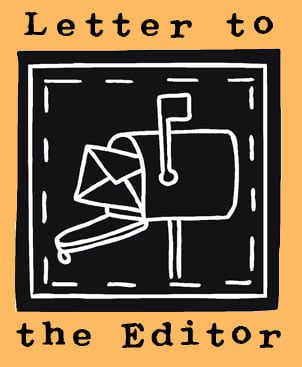Switching to a ‘strong mayor’ People are unhappy with the policies and programs that are being carried out by our city government. For that reason, some believe a “strong mayor” form of government would result in different, and presumably better, policies and programs for our community. The principal obstacle for these changes, as some see it, lies in the responsibilities and duties of our city manager, blaming him as the one primarily responsible for these policies and programs.
This is a gross distortion of the manager’s actual role in our city government. The city manager isn’t an independent agent, free to decide what’s best for the City of Malibu. He serves at the pleasure of the council, not the other way around. Thus, the council is the governing body, the organization that decides policies and priorities, obviously with the approval of the electorate who voted for them.
I write with some knowledge and understanding of the workings of city governments, having been management/charter consultant for some years with the Michigan Municipal League, the counterpart of the League of California Cities. In that capacity, I helped city and village members of locally elected charter groups set up, organize and staff their new governments.
I was one among others who pressed for cityhood, to be free of the clutches of the county government’s board of supervisors, allowing the mess at the pier, sanctioning other unwise developments, including the wall for private homeowners along the coast, who regard the shoreline to be their personal domain. Unfortunately, little can be done about what is now a fait accompli, but our drive for independence was motivated by the need to prevent any more damage to our town. We decided that the council/ manager form of government best suited our needs.
Will a “strong mayor” form of government itself lead to other, presumably better, policies programs and priorities? This will happen only if the voters themselves elect a mayor and council that will make those decisions. Unfortunately, 30% of the voters turning out to vote, like in this last election, seems to be the pattern. And the outcome of future elections will depend on a significantly greater voter turn out, the majority of who favor different policies than those in place. If only 30% actually show to vote for a strong mayor and council, it’s idle to assume that there will be any change in the status quo.
Leon Cooper

